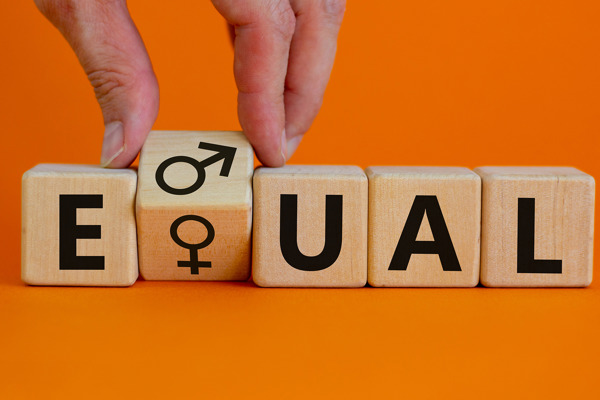
Following an inquiry which ran last year the Women and Equalities Commission have published their report on Menopause and the workplace ("the report"). The report calls on the UK Government to act to support menopausal women not just in the workplace but also in other ways, such as removing dual prescription charges for HRT. However, the headline issue from the report is probably the call to amend the Equality Act 2010 to introduce menopause as a protected characteristic.
The report found that menopause discrimination in the workplace is "widespread" and "shocking". Evidence before the inquiry had highlighted the anomaly of the different treatment of pregnancy and menopause in both the workplace and wider society. 51% of the population will go through menopause, more than will go through pregnancy, yet menopause has no specific protections.
Analysis of tribunal claims showed that the nub of the issue was a lack of understanding by managers of the impact of menopausal symptoms and a failure to make appropriate adjustments. However there is currently a lack of guidance available from either the Health and Safety Executive or the Equality and Human Rights Commission.
Menopause-related tribunal claims up until this point have been brought as sex, age or disability discrimination claims. The latter appears to have been most successful, but the need to demonstrate that the symptoms have a substantial and long-term adverse effect on the person's ability to carry out normal day to day activities will prevent many women who have been discriminated against from accessing legal redress. Difficulties with other types of claim include the need to find a man in comparable circumstances to use as a comparator for direct discrimination claims (such as sex or age). It is also difficult to use indirect discrimination where a claimant has been penalised for menopausal related absences (for example when the number of absences trigger a performance review) as an employer may be able to justify it as a proportionate means of achieving a legitimate aim.
One possible answer which the Equality Act 2010 already has provision for is claims of combined discrimination, which in the case of menopause would be a combination of age and sex. However, this provision - section 14 of the Act - has never been implemented. The report adds some significant weight to previous calls to both introduce menopause as a new protected characteristic and to implement section 14. However, only a matter of weeks before publication of the report the UK Government had confirmed that it had no plans to amend the Act in this way, or to bring section 14 into effect. Currently it seems unlikely the report will result in a U-turn on that issue, but the UK Government's response to the report is awaited.
In the absence of any amendments being made to the Equality Act it is to be hoped that the UK Government will act on the recommendation to appoint a "Menopause Ambassador". A key role of the Ambassador would be to introduce model workplace policies, which would cover issues such as how to request adjustments to help menopausal women deal with their symptoms and building a supportive culture. Disseminating awareness, good practice and guidance to employers should be a first step to stopping the unnecessary exodus of menopausal women from workplaces.


